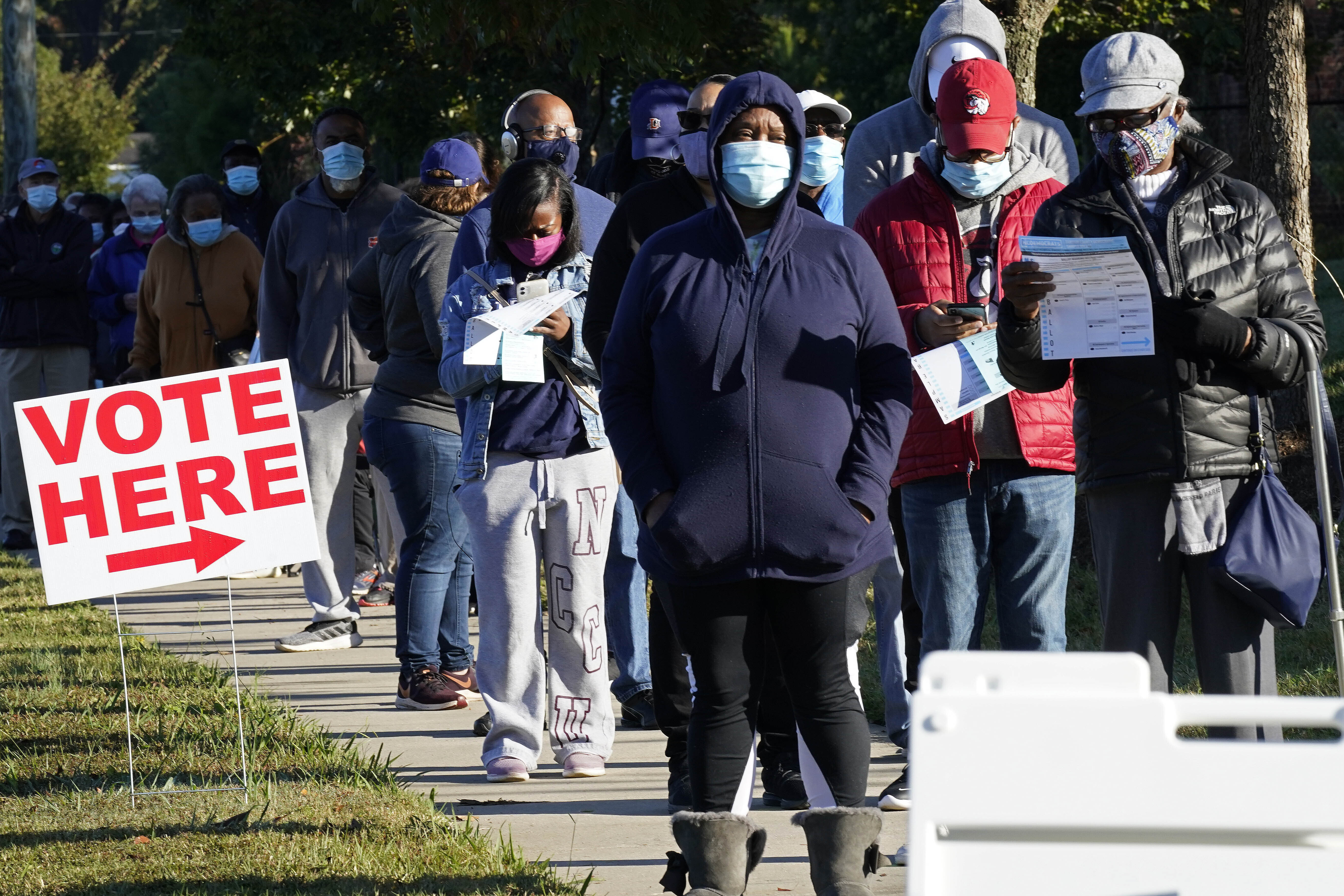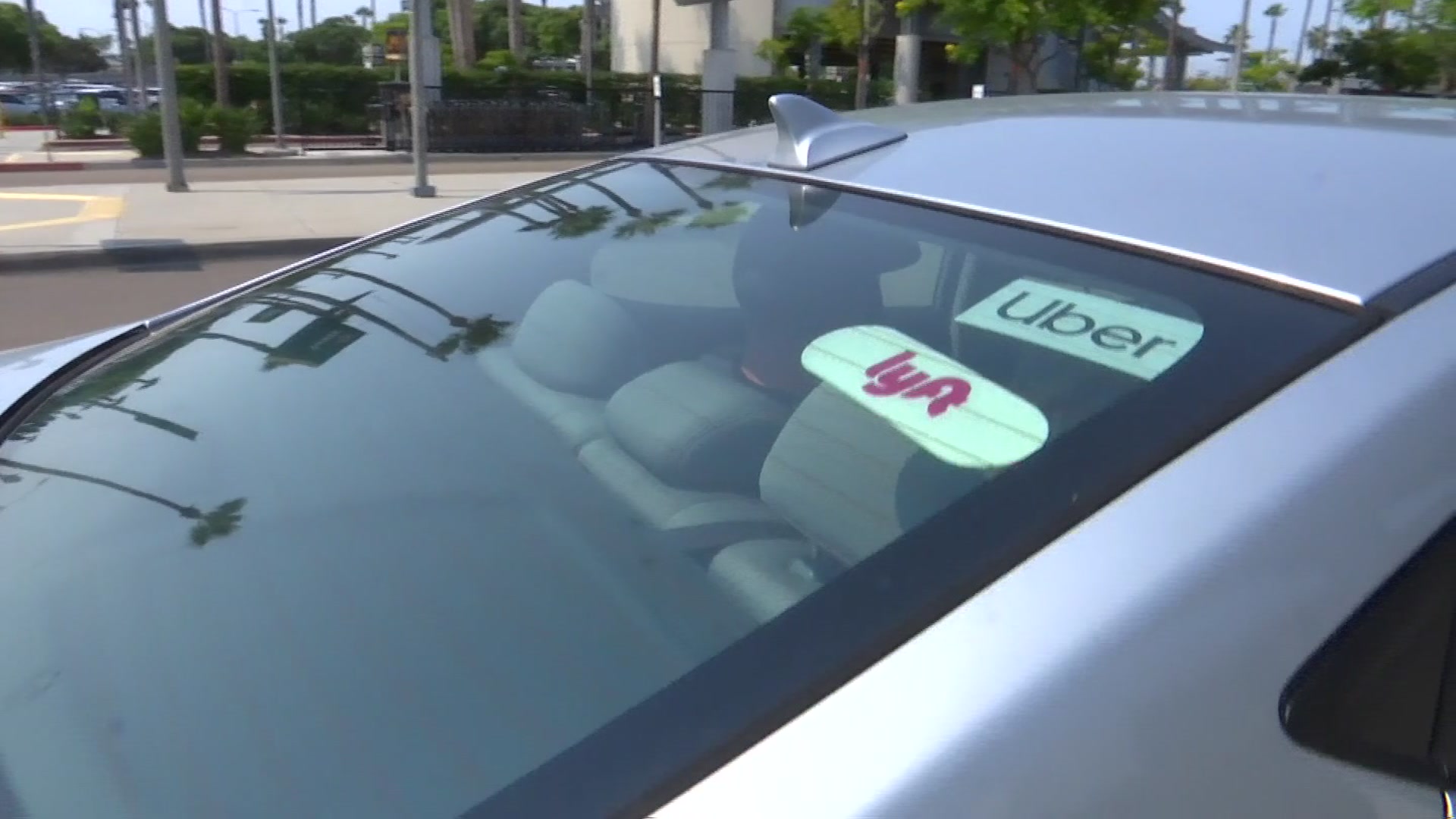A consumer privacy measure on the ballot for the upcoming election is creating controversy, with consumer advocates taking very different positions.
From your online browsing habits to your smartwatch and smartphone -- these are all ways companies may track your information.
A recent state law limits how companies gather data about you, and it prohibits them from selling it. But Consumer Watchdog says companies found a loophole in the law.
“Prop 24 closes a critical loophole that companies were trying to use to say, ‘Well we can share your data, we don’t sell it, it’s fine.,” Carmen Balber with Consumer Watchdog said.
Prop 24 would also create a privacy commission to regulate and enforce any new privacy rights, and it would triple fines on companies that violate children’s privacy.
“When kids are online more and more, parents are more and more concerned about what companies might be accessing,” said Balber.
Opponents to Prop 24 say that while some parts of it are good, most of it isn’t.
They say the 52-page document is too complicated for voters to understand. The Consumer Federation of California says the prop’s language could allow “pay for privacy” scenarios, meaning if you tell a company it can’t share your information, it could charge you more for its service.
“We believe privacy is a fundamental right,” said Richard Holober with Consumer Federation of California. “And when you have a right, it shouldn’t be reserved for those who have the money, who can afford to pay more.”
Opponents also say implementing these new privacy changes will cost small businesses money they can’t afford to spend right now.
They say we need more time to gauge if the current privacy law, which just started being enforced this year, is working.
“And now before the ink is even dry, before we have a chance to even know what is working, what is not working, what needs fixing, this initiative would have businesses go through all those costs one more time when they’re barely able to keep their doors open,” said Holober.
The existing privacy law and Prop 24 both require you to opt out of a company selling your information. So Prop 24 doesn’t improve that. And, if you want to opt out, just go to a company’s website and look for the “do not sell” button.




